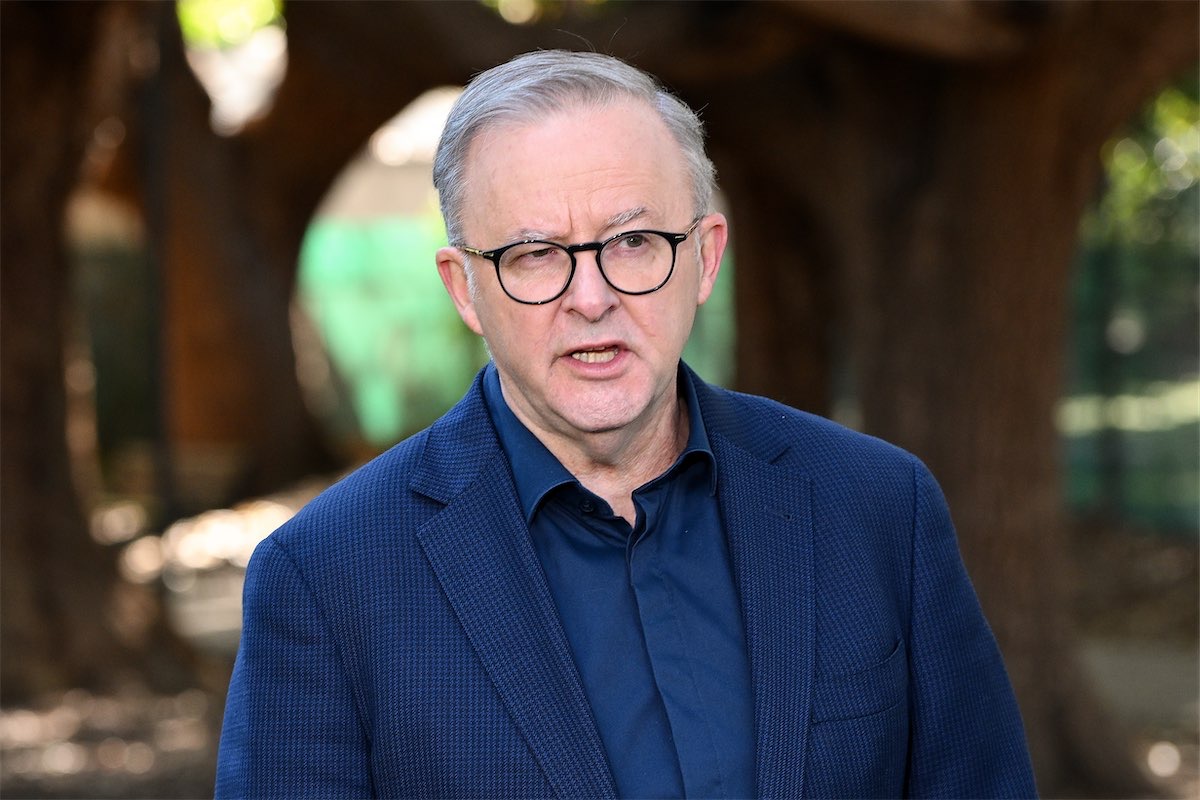
By Kaaren Morrissey in Canberra
PRIME Minister Anthony Albanese has dismissed polling showing support for the indigenous Voice to parliament appears to be ebbing, saying the surveys are continually fluctuating.
Backing for the “yes” vote has fallen to 46 per cent, from 51 per cent in February, a JWS Research poll published on Friday found.
The “no” vote has risen to 43 per cent, from 36 per cent four months ago, with about 11 per cent of voters undecided.
JWS noted a “significant” increase in the “no” vote among voters aged 35 years or over and in NSW, Victoria and Queensland.
“There’s a different poll every day,” Mr Albanese told reporters in Sydney on Saturday.
“Every poll, including the one that was mentioned today, of course, has the ‘yes’ vote higher than the ‘no’ vote.
“Australians will make up their own mind and I encourage Australians to have a look at the wording that’s put forward, and to talk with First Nations people as well.”
Earlier this week, representatives of NT land councils travelled to Canberra to deliver the Barunga Declaration to Mr Albanese and Minister for Indigenous Australians Linda Burney.
The declaration calls “for the recognition of our peoples in our still young constitution by enshrining our voice to the parliament and executive government, never to be rendered silent with the stroke of a pen again”.
Members of the Northern, Central, Tiwi and Anindilyakwa land councils signed the declaration at the Barunga Festival in early June.
It invites all Australians to “right the wrongs of the past and deal with the serious issues impacting First Nations peoples… and unite our country” by supporting a “yes” vote in the referendum later this year.
“I was humbled to meet in my office with these wonderful indigenous leaders who came from the NT,” Mr Albanese said.
The prime minister said enshrining the voice would be a positive change and would not have any downside.
“This is all upside and I sincerely hope that Australians do vote Yes.”
Uluru Dialogue co-chair Megan Davis told AAP the Voice will change lives.
“It is a modest reform that will help change the daily lives of Aboriginal and Islander Peoples and acknowledge our place as the First Nations of this country,” she said on Friday.
“We have faith in Australians and now is the right time to let them decide.”
But the federal coalition maintains Australians are not ready to vote for the Voice as proposed, because there are unanswered questions about how the Voice advisory body will work.
“This is bad policy. It is a bad proposal,” Deputy Opposition Leader Sussan Ley told a NSW Liberal party conference in Sydney on Saturday.
“It will not deliver better outcomes for indigenous Australians but it will deliver worse outcomes for all Australians.”
Ms Ley claimed the outcome would be a group of appointed national Voice leaders “residing at the top of our system of government with an unlimited, untested ability to interact not just with elected representatives but across the full spectrum of executive government and with supreme authority gifted by the constitution”.
The referendum is due to be held in the final quarter of this year, perhaps as soon as October.
Who can be trusted?
In a world of spin and confusion, there’s never been a more important time to support independent journalism in Canberra.
If you trust our work online and want to enforce the power of independent voices, I invite you to make a small contribution.
Every dollar of support is invested back into our journalism to help keep citynews.com.au strong and free.
Thank you,
Ian Meikle, editor

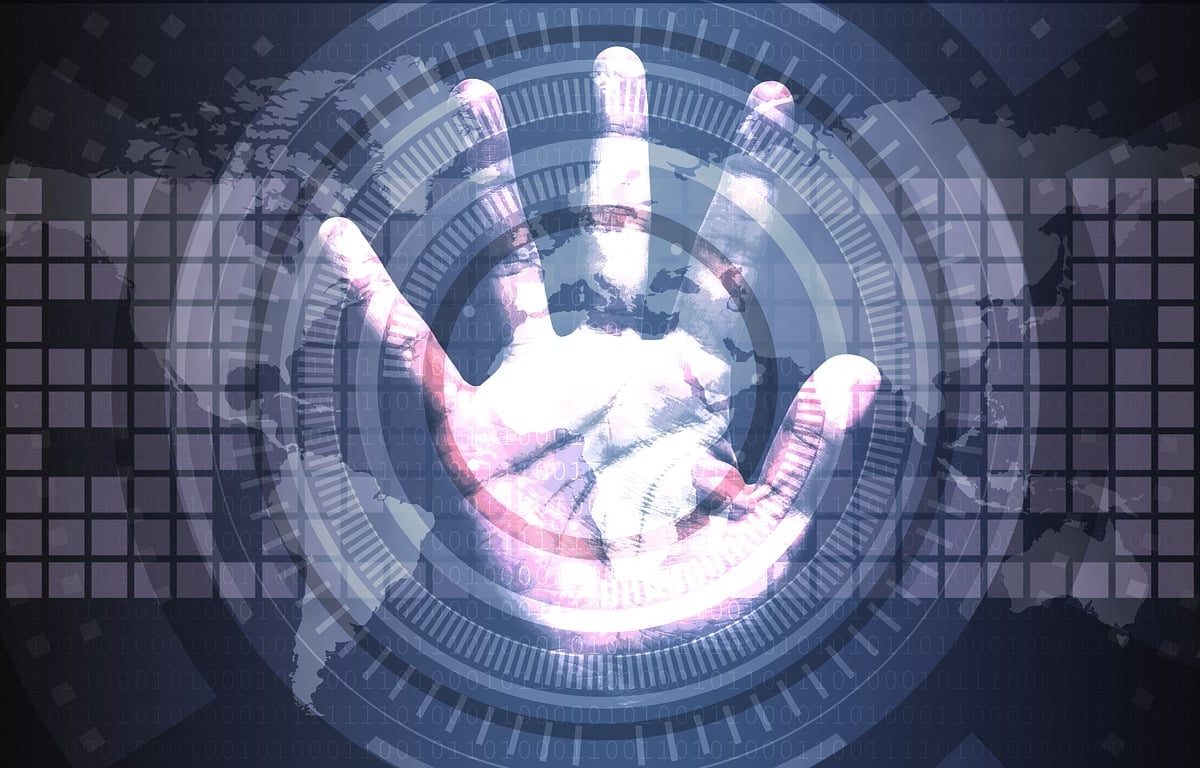
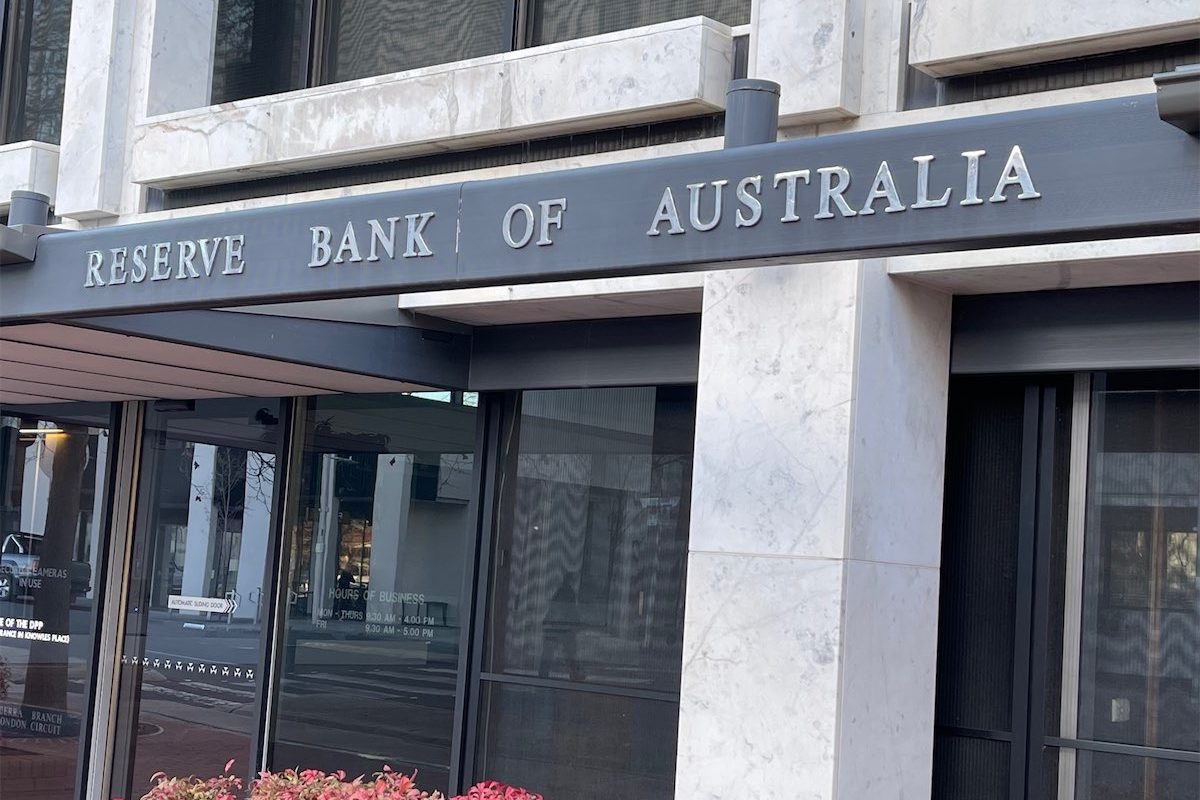

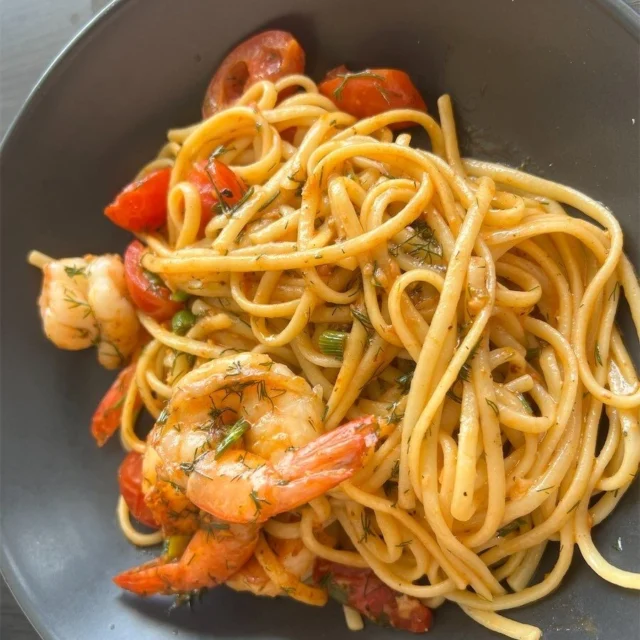
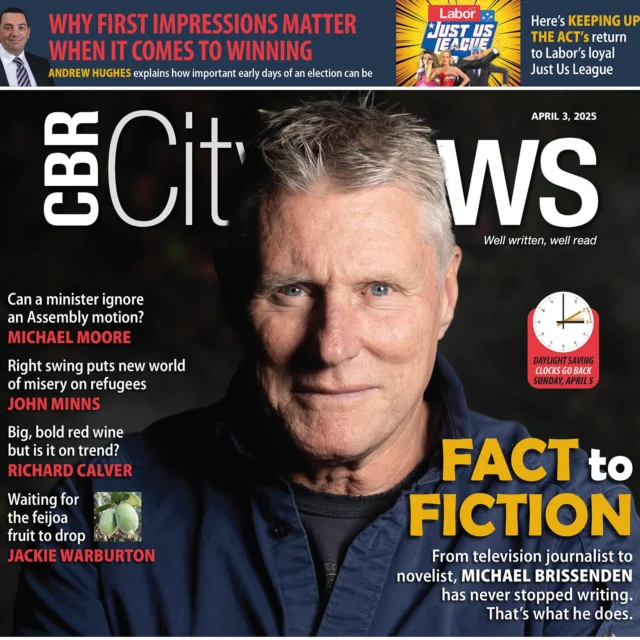
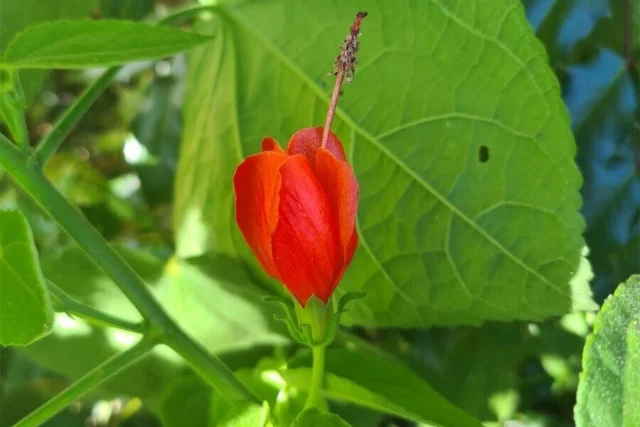
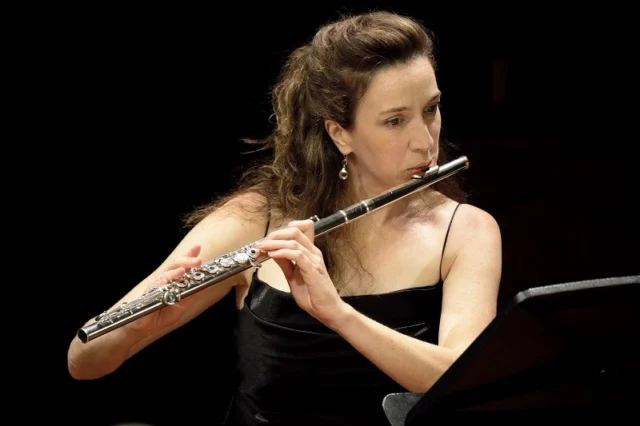
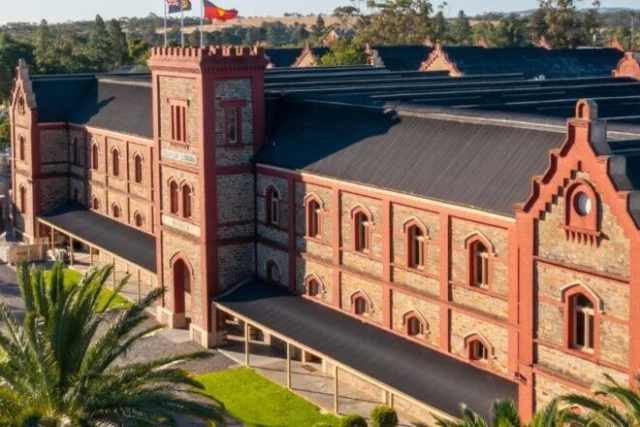
Leave a Reply